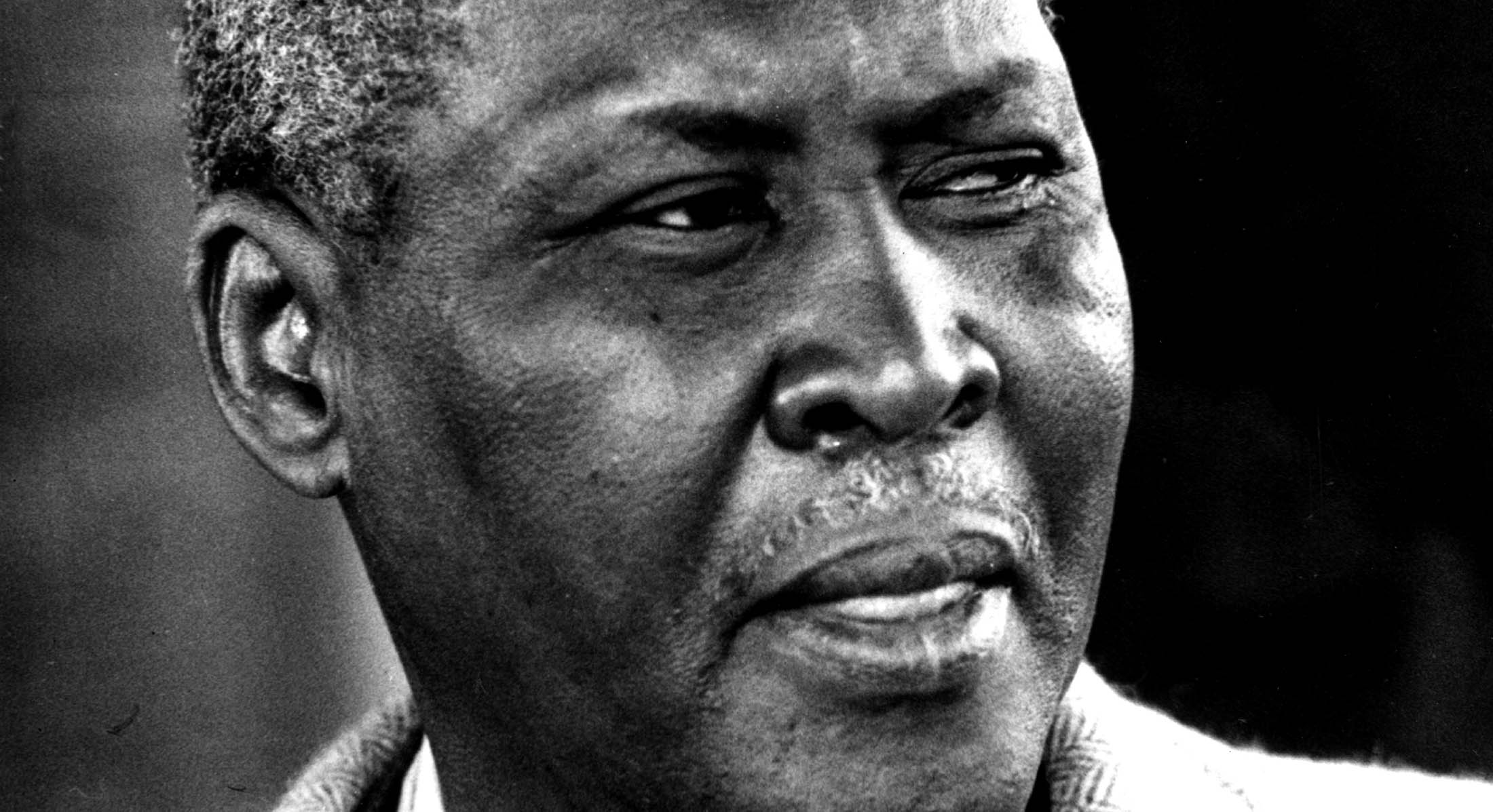The family of former ANC president and Nobel Peace Prize laureate Chief Albert Luthuli was vindicated on Thursday, 30 October, when the KwaZulu-Natal Division of the High Court in Pietermaritzburg delivered a scathing judgment, overturning the apartheid-era findings about his death.
The court ruled that Luthuli was indeed murdered by apartheid forces.
/file/dailymaverick/wp-content/uploads/2024/05/20V2975.jpg)
For more than five decades, the family sought to prove that his death was no accident as claimed by a 1967 inquest ruling, which had concluded that Luthuli died after being struck by a goods train.
That court held that “the evidence does not disclose any criminal culpability on the part of any of the employees of the South African Railways or anyone else”.
/file/dailymaverick/wp-content/uploads/2025/10/AV_00007006.jpg)
Judge Nompulelo Hadebe, however, lamented the 1967 inquest and dismissed its findings as deeply flawed, and now set aside.
Delivering her ruling, she said: “As to the cause, or likely cause of death, it is found that the deceased died as a result of a fractured skull, cerebral haemorrhage and confusion, concussion of the brain associated with an assault,” she said.
Luthuli was awarded the Nobel Peace Prize in 1961 for his leadership of the anti-apartheid movement and faced repeated banning orders and arrests. He led the ANC from 1952 to his murder in 1967.
1967 inquest ‘flawed’
Before giving the verdict, Hadebe said that, given the body of evidence before her, it was almost clear that the 1967 inquest was flawed, and that there was evidence which was not presented before the 1967 inquest, which necessitated that the court make a fresh finding in terms of Section 17A(3).
“There was no thorough investigation into the circumstances around the death of Chief Luthuli and that that court in 1967 was not presented with sufficient evidence to make a credible prima facie finding in terms of Section 16 (2) of the Act.”
The 1967 inquest records reveal that Luthuli was not provided with the much-needed emergency medical care after what has now been proved to have been an assault.
“Instead, a neurosurgeon was called from Durban to travel to Stanger, being a hospital, which is public knowledge, that is not fully equipped for most of the medical needs of the people around Stanger.”
Speaking in isiZulu, Hadebe suggested the neurosurgeon was possibly called to finish Luthuli off.
Read more: Inquest probes whether Chief Albert Luthuli was murdered by apartheid agents
‘Clandestine agenda’
Hadebe was at pains to explain how the law was systematically used as a tool to enforce apartheid, as she referred to the conduct of magistrates in various courts, arguing that they were not impartial arbiters of justice, but were instead instrumentalised to push a “clandestine” agenda.
Based on the evidence in the reopened inquest, Radebe said it was true, as submitted by advocate Msimanga, that, “There was, and perhaps even currently, an entrenched culture of lying about the true facts, where the murder of a political activist is involved.”
Step towards justice
Speaking to EyeWitness News, family spokesperson Sandile Luthuli said this was the first step towards finally getting justice.
“More than that, [the judgment] ascribes liability to certain persons who, through their acts and or omissions, became complicit in the cover-up of the death of Chief Albert Luthuli,” Luthuli said.
One of the important questions that always comes up during and after cases like these is whether anyone will ever be held responsible or prosecuted.
Possible prosecutions
In Luthuli’s case, it is unlikely because it has been more than 50 years since his death, and even though the National Prosecuting Authority still has the old inquest files, most of the witnesses have died or can’t be found.
Justice Minister Mmamoloko Kubayi has welcomed the court’s decision, saying that it demonstrated the government’s continued commitment to uncovering the truth and ensuring that justice was served, even in matters that dated back decades.
“The courage and persistence of families who have pursued these cases, together with the dedication of institutions like the NPA, deserve our utmost respect,” said Kubayi.
The court has recommended that the Director of Public Prosecutions investigate the kidnapping or forced disappearance of witnesses in the case.
‘Distortion of history’
ANC national spokesperson Mahlengi Bhengu also welcomed the court’s decision, which she said corrected a long-standing distortion of history.
“This ruling brings justice, truth and dignity to the memory of one of South Africa’s greatest sons and to all those who suffered under apartheid brutality.
“This judgment reaffirms what the ANC, the liberation movement, and the oppressed people of South Africa have always known: that Chief Luthuli was a victim of state-sanctioned murder. It is a moral victory not only for his family, but for all martyrs of our struggle whose lives were cut short by the cruelty of apartheid,” Bhengu said.
Apartheid inquests
The ruling comes against the backdrop of several other inquiries into the deaths of anti-apartheid activists. Just last month, Kubayi ordered that the inquest into Steve Biko’s death be reopened.
Read more: ‘Healing demands justice’, says Biko family on reopened inquest, 48 years later
Earlier this year, President Cyril Ramaphosa announced he was in the process of establishing a commission of inquiry to look into allegations of improper influence in delaying or hindering the investigation and prosecution of apartheid-era crimes that had persisted from previous administrations.
The inquiry relates to the more than 400 cases the TRC referred to the NPA in 2003. One of the most well-known cases is that of the Cradock Four, who were murdered by apartheid security forces in June 1985. In such cases, while a few of the policemen allegedly involved are still alive to testify, prosecutions can still take years.
The inquiry into the delays in prosecuting apartheid-era crimes, led by former Constitutional Court Justice Sisi Khampepe, is expected to begin hearing oral evidence in November. DM





 Chief Albert John Luthuli photographed before he boards a plane to Oslo, Norway, to be presented with the Nobel Peace Prize, 8 December 1961. (Photo: Keystone / Getty Images)
Chief Albert John Luthuli photographed before he boards a plane to Oslo, Norway, to be presented with the Nobel Peace Prize, 8 December 1961. (Photo: Keystone / Getty Images)